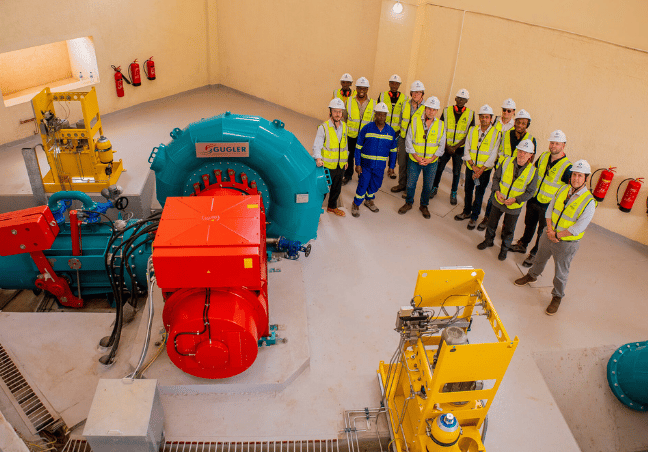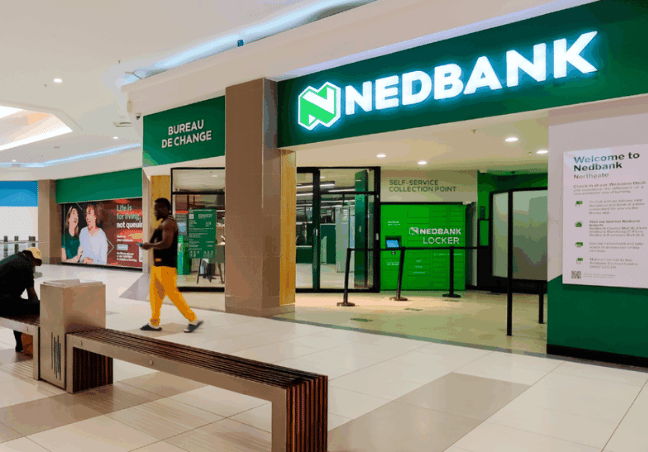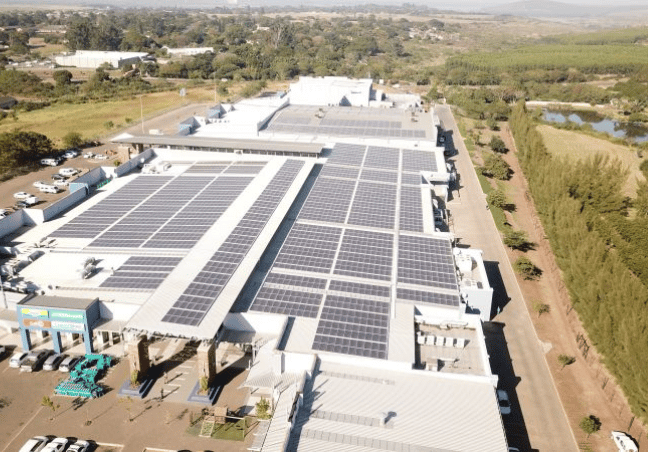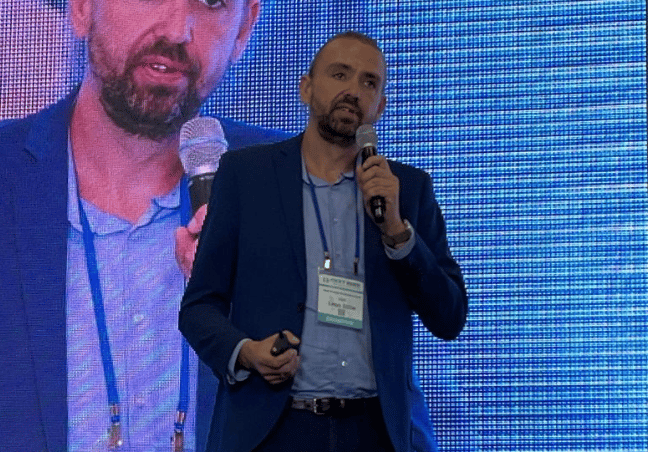- Renewables Rising
- Posts
- Renewable energy certificates give tenants control of their emissions
Renewable energy certificates give tenants control of their emissions
Dear subscriber,
Clean energy is increasingly within reach for almost anyone. As innovation drives costs down and access up, small businesses and residential customers have every reason – and every tool – to go renewable.
– Sammy Jamar, Editor
Nedbank has become one of South Africa’s first major companies to offset electricity emissions by purchasing Renewable Energy Certificates (RECs) from Growthpoint Properties. The deal covers 26 branches in Growthpoint-owned malls and offices, marking a milestone for tenants seeking to offset power emissions in leased spaces. |
For businesses operating in multi-tenanted spaces, Scope 2 emissions, those generated from purchased electricity, have long been a challenge. Tenants can control usage but not the energy source.
RECs are set to transform this market in Africa. In liberalised markets like South Africa, landlords can generate or purchase electricity, claim RECs for it, and sell them to tenants seeking to offset their electricity emissions.
Our take: Financial institutions may develop green financing solutions, such as loans or bonds tied to REC procurement… Read more (2 min)
Climate investment firm Inspired Evolution, together with several international developers, has launched Sedgeley Solar Group (SSG), a new platform formed by merging two leading Southern African renewable energy companies, SolarSaver and Sedgeley. The platform now operates across South Africa, Namibia, Botswana, and Zambia. |
Other recent mergers and acquisitions in the sector include Starsight Energy and SolarAfrica, Shell and Daystar Power, and most recently, Ignitie Power acquired ENGIE’s off-grid subsidiary, ENGIE Energy Access Africa.
Executives hope larger companies can better absorb the complexity and risks of African markets, such as currency fluctuations and regulatory hurdles.
Our take: Mergers will bring predictability to investors while accelerating Africa’s energy transition.… Read more (2 min)
Fossil fuel dependency has long made countries vulnerable to geopolitical shocks from OPEC embargoes to Russia’s gas cut-offs. Renewables, flip that logic by transforming energy from a point of weakness into a source of resilience and autonomy. And countries that embrace it will gain strategic power, argues Leon Stille in today’s opinion piece. |
“Once your solar farms and wind parks are in place, the fuel, sunlight, wind, is local, free, and beyond blockade. The more distributed your renewables base, the less you depend on foreign suppliers to feed your grid,” writes Mr Stille.
He is an energy expert and runs his own company, New Energy Institute. He also serves as Director of Hovyu BV, an innovative company in the carbon capture, storage, and utilisation space.
Read the full opinion here… Read time (3 min)


Gridworks’ board visits of hydropower projects being built by Anzana Electric in Burundi (Source: Gridworks Development Partners)
Events
🗓️ Participate in how BC technology is redefining solar returns webinar (Nov 27)
🗓️ Sign up for the Africa Energy Expo 2025 (Nov 25)
🗓️ Be at the ESG, Impact Investing & Sustainable Finance Summit (Nov 27)
🗓️ Attend the 4th Edition of Burundi Renewable Energy Access Days (Nov 27)
Jobs
👨🏻💻 Lead sales operations at M-KOPA (Kenya)
🧑🏽💼 Become Koolboks’ Credit Team Lead (Benin)
👩🏻💼 Apply for Scatec Solar’s Legal Counsel position (South Africa)
Various
🔌 South Africa’s biggest solar site powers up
⚡️ Electricity wheeling hits 861,162 kWh in South Africa
💡 Report weighs advantages and challenges of agrivoltaics
🤝 DRC and Sun Africa sign MoU for 4,000-MW power project
Seen on LinkedIn
Helen Yapp, Managing Director at Futurepump, says, “Solar irrigation can transform lives and livelihoods when it’s done well. But it only works if the products are built to last, supported properly, and designed with farmers’ realities in mind.”


